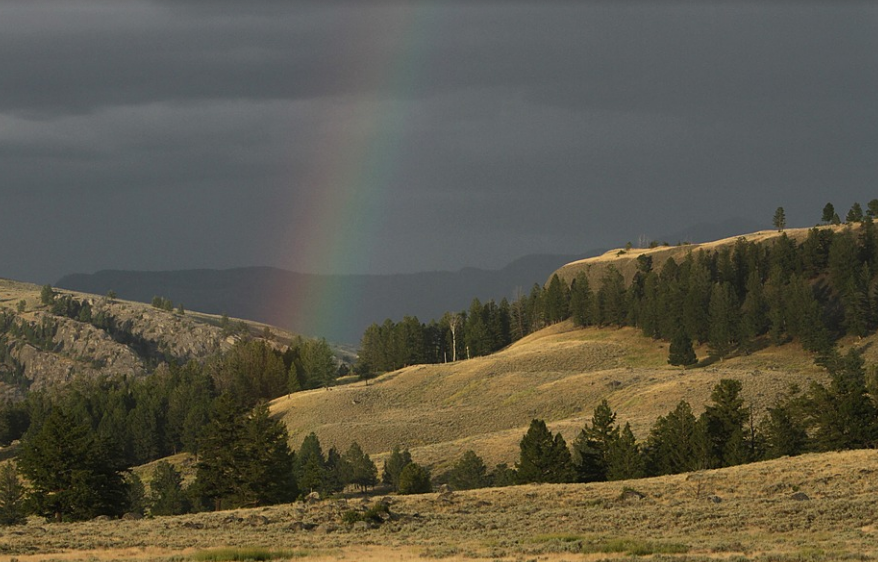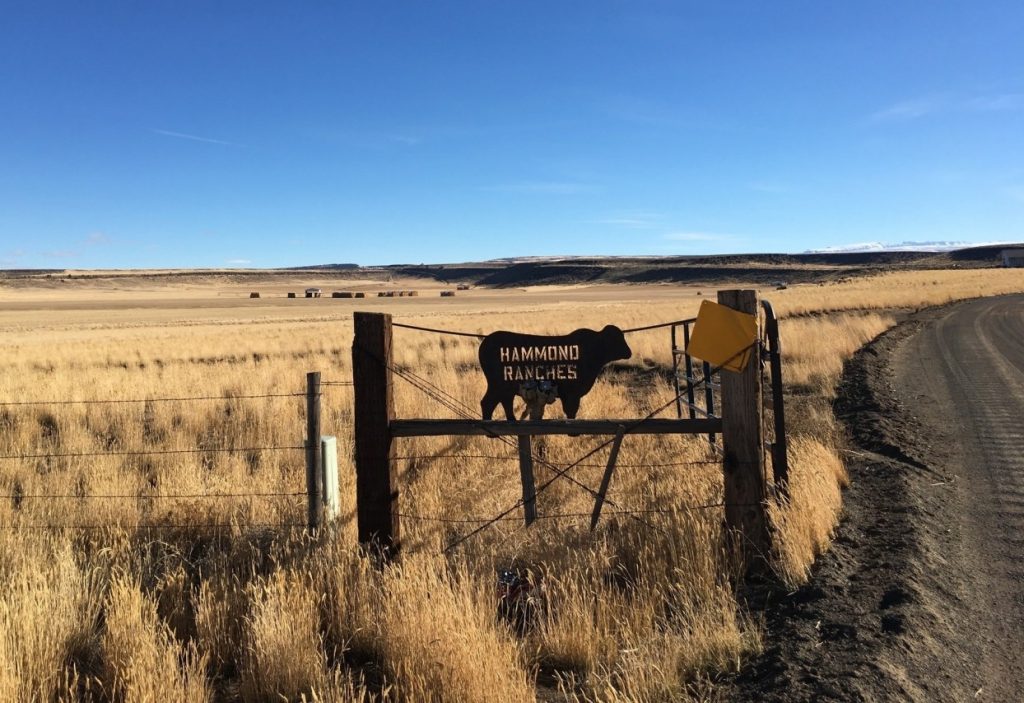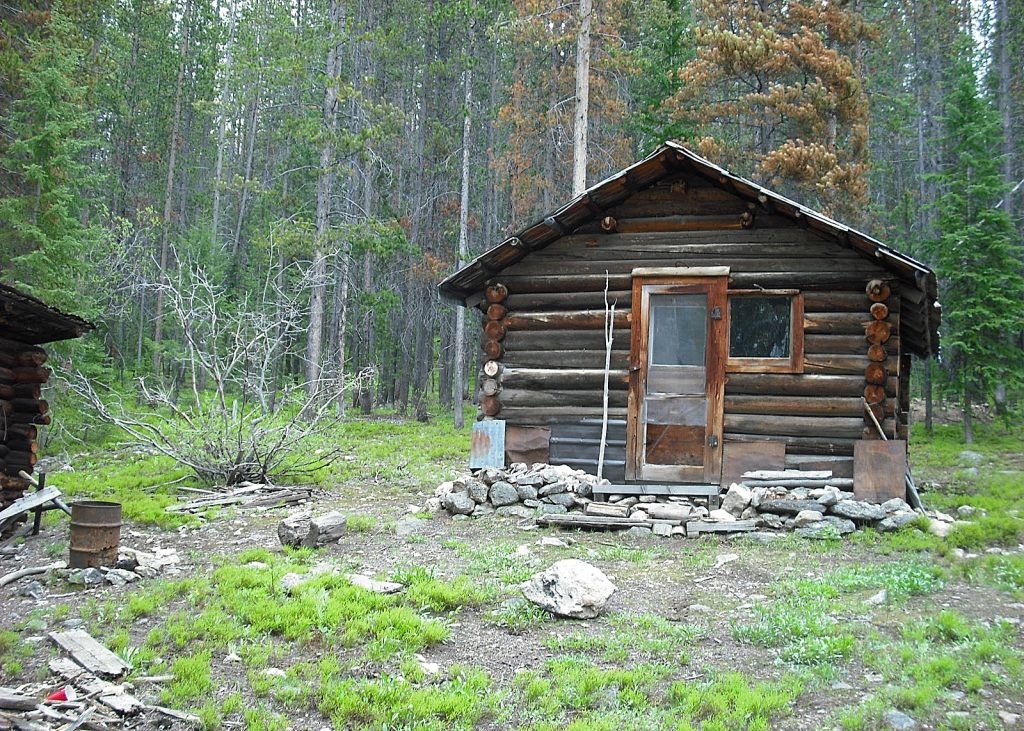Excessive federal ownership is not only illegal; it is also bad policy. Federal land management is subject to the constant buffeting of special-interest politics, and the effects on management can be dreadful. As Zinke conceded in his congressional testimony, the national parks are suffering from years of neglect. Throughout the West — including Zinke’s own state of Montana — you can witness the heartbreaking sight of tens of thousands of acres of once-beautiful national forest, now burnt, beetle-infested, and rotting away.
Rob Natelson
Ease Federal Control of the Nation’s Lands
Interior secretary nominee Ryan Zinke served his country honorably as a Navy SEAL, but in affirming that he would refuse to loosen the federal government’s chokehold on America’s land, he did the U.S. a great disservice.
Reasonable people can disagree about how much territory the government should own. As an avid outdoorsman, I’m sympathetic to the conservation ideal. Zinke should know, however, that federal land ownership is often at war with that ideal. There is no reasonable excuse for the federal bureaucracy to control a whopping half of the American West, nearly 30 percent of the nation, and over 60 percent of the territory of some states. Most of this federal land is perfectly ordinary — prairie, desert, scrubland, and so forth — not wilderness areas or national parks.
The most important argument against this situation is that it is nakedly unconstitutional. I’m a constitutional scholar whose primary field of study is the Constitution’s original meaning. Several years ago, I undertook a detailed investigation of the purported constitutional grounds for federal land ownership. I found that while the Constitution authorizes more federal ownership than some conservatives claim, it certainly does not authorize rule over nearly 30 percent of the country.
Most of the American Founders would have viewed the current situation with alarm. When politicians and bureaucrats govern vast swaths of a state’s territory, they have a stranglehold on much of that state’s economy. In those circumstances, it is largely impossible for the state to exercise what Chief Justice John Roberts once described as an “independent” role within the federal system. The constitutional balance cannot work well in such circumstances.
I also learned while Supreme Court majorities have occasionally sustained unlimited federal ownership, they have never done so in a case that met the constitutional evidence head on.
Further investigation revealed the current situation probably violates several laws by which states were first admitted into the Union. This is particularly true of the statutes pertaining to Nevada, where the federal government clings to an incredible 85 percent of the state’s territory.
Excessive federal ownership is not only illegal; it is also bad policy. Federal land management is subject to the constant buffeting of special-interest politics, and the effects on management can be dreadful. As Zinke conceded in his congressional testimony, the national parks are suffering from years of neglect. Throughout the West — including Zinke’s own state of Montana — you can witness the heartbreaking sight of tens of thousands of acres of once-beautiful national forest, now burnt, beetle-infested, and rotting away. The evidence on this point is more than impressionistic: Studies have documented the failures of federal management compared with private and even state management.
When Washington, D.C.-based lobbying groups are dunning gullible Easterners for contributions, they sometimes imply that easing federal control would threaten the national parks. This is nonsense. The real threat to our national parks is the system as it already stands.
One way to protect the parks is to take a lesson from our British cousins and place them into permanent conservation trusts. Those trusts would be charged with preserving the parks for all time, and could be largely insulated from politics, federal bureaucrats, and meddling from special-interest groups.
However, it’s worth remembering that the overwhelming bulk of federal holdings are not parks. They are perfectly mundane, often boring real estate, which the federal government retains so it can lord their power over the rest of us. A national discussion on how to remedy this situation is inevitable. As interior secretary, Zinke should not try to suppress that discussion; he should facilitate it.
Rob Natelson (think@heartland.org) is a retired constitutional law professor, constitutional historian, and fervent outdoorsman who divides his time between Colorado and Montana. He currently serves as a senior fellow in constitutional jurisprudence at The Heartland Institute.




On the Dixie National forest not one new trail has been constructed since 1966,and the campgrounds are a mess, and no new ones have been built since the 1960’s. Many miles of roads have been closed, in fact the Dixie no longer has a road crew. The range conditions have deteriorated, causeing much of the land to be covered with pinion and juniper trees that are the worst kinds of weeds. Too often the people who are in charge of the forest have never worked on the land, they only have a college degree and no practical experience. Very little work is done on the forest, the employees are too busy generating paper for a better desk audit so they will get more money in their paycheck.
In rebuttle, as long as the federal government controls the land we have the possibility to make the land usable for most Americans. Since the plan is to use a law that would turn the land over for free every American except those living in that state have lost something. Another big issues is states will determine land use policy just as federal government does now bringing in the same and differing problems.My fear is states will quickly sell off the land to private interests denying all citizens use of that land in the future. If the law stated all Americans have a grandfathered right to use the land then possibly a solution could be found.
There have been law in place since the 1800’s spelling out the rights of the American Citizen to use public land. These are good laws and they are in the best interest of the people. Turning over federal land to the corrupt state governments is a fools errand and it’s a trick and a trap for the uninformed. If the state takes control we lose everything. Don’t fall for it. All we need is the laws already on the books to be obeyed in the order they were written.
Matt exactly right states like California would restrict access, prevent use under the guise of environmental protection, then sell the lands to foreign interests that will mine rare earths that won’t benefit America.
The Feds are poor guardians of the land, do you really think that the people who live near the public lands won’t take care of them? Every time there is a change of personnel the rules that govern the land are changed. And I would like to ask who makes the laws? The congress or the bureaucrats? A rule is made and suddenly it becomes law without discussion or legislation.
Do you really think the feds don’t lock up land under “the guise of environmental protection”? If you believe this you ought to visit The Grand Staircase of the Escalante, It contains mostly land that is nothing but dry ugly desert only about 15% of it is worthy of National Monument designation.
As to selling the land, the feds do it all the time–like they sold the uranium land in Oregon to the Russians.